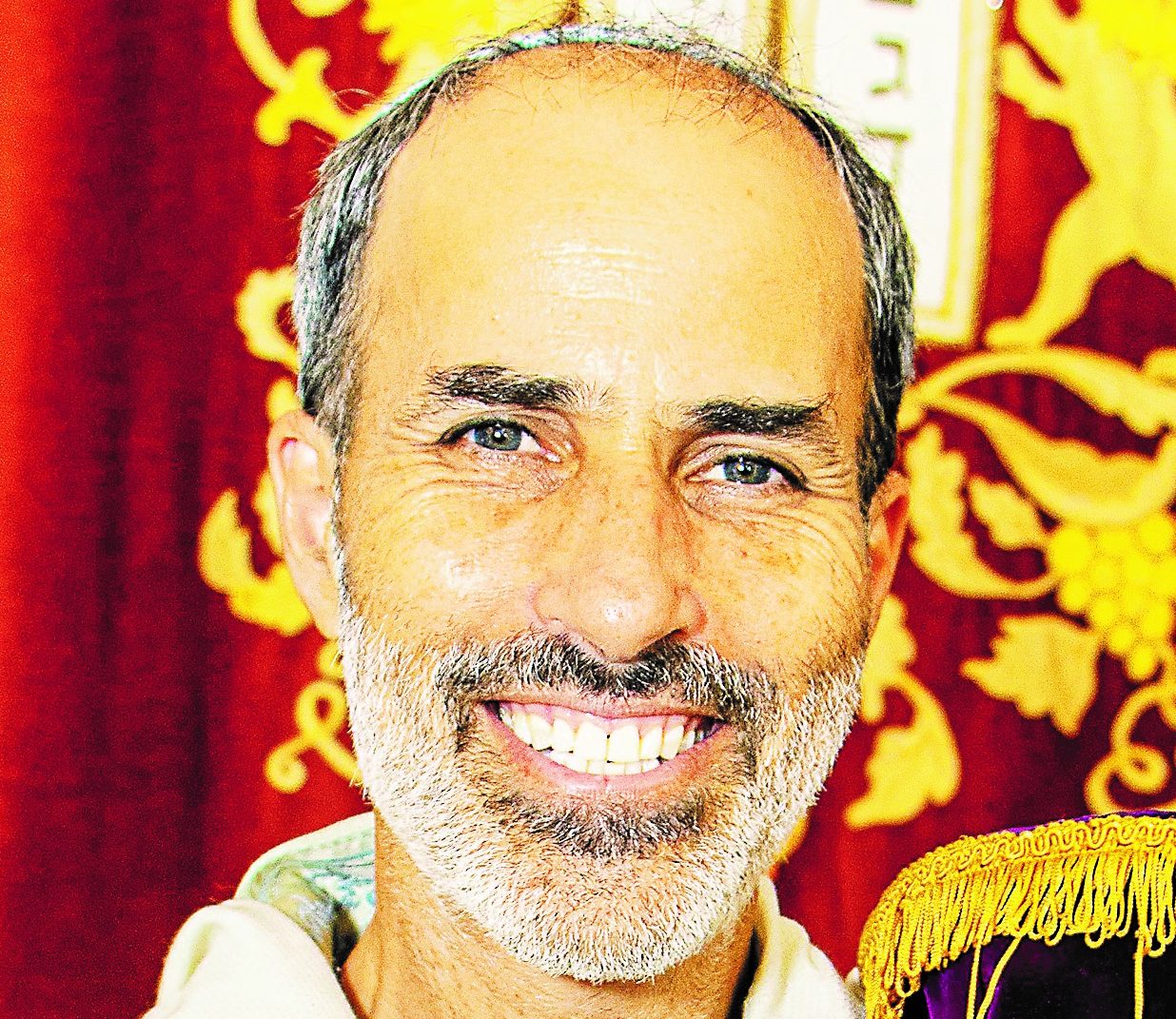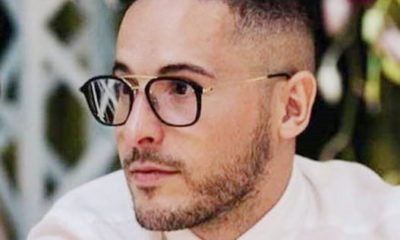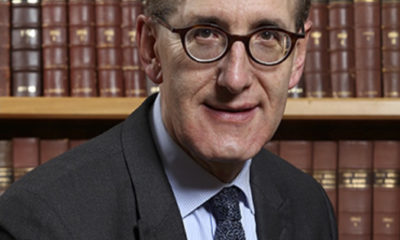
OpEds

Pride and prejudice – it’s up to us
June is Pride Month, celebrating the freedom that we have in South Africa for the LGBTQI+ (lesbian, gay, bisexual, transgender, queer, and intersex) community to live true to who they are.
When you think of Pride, you think of carnivalesque Pride marchers and rainbow flags. Due to COVID-19, that won’t happen this year, but perhaps it’s appropriate for other reasons. You see, Pride isn’t just about celebration. It’s also recognition that there is so much work to do.
Just this month, some schools banned Pride celebrations, and people were attacked and killed because of their sexual orientation, because of who they were. Religious communities are part of the problem and the solution. The problem because when someone’s orientation is seen as “abomination”, it gives power to those who would cause harm. The solution because when religious communities embrace and support people for who they are, it normalises difference and takes away the power from those who might cause harm.
This isn’t about Leviticus or any biblical texts. It’s about the readers of the texts – their lens. We, the Jewish people, know about prejudice. We know about exile, about pogroms, the horrors of the Shoah. We know what it feels like to be the stranger, the reviled, the oppressed. We are a people that knows prejudice. And we know pride too. Four thousand years of Jewish history, the wisdom of our Torah, the creativity and resilience that has kept us alive and thriving through all the challenges we have had to face. The way that a tiny community of Jews at the foot of Africa seems continuously to produce leaders of business, science, medicine, arts and culture, political activism, and social change.
We are a people that knows pride and prejudice. What Pride Month calls us to do is to examine our own prejudice and seek its source. To embarrass or demean someone is against the Torah’s most central teachings, and yet for hundreds of years, our communities, leadership, and literature has struck out against LGBTQI+ individuals because of their sexual orientation – because of who they love and who they are. As you read this, you might be one of those people who has been alienated by your religion. You might know someone in your family who has come out. Or neither. It’s irrelevant, actually. Because changing attitudes about queer Jews is an issue for everyone. Just as apartheid wasn’t just about black people, or feminism about women, or the Holocaust about Jews.
They are all about prejudice, not about the object of the prejudice. They are about the communities that allow it to take place. And this is where Pride Month is so important. To highlight the expansive diversity of our Jewish communities. Our Jewish community. To call out to all Jews that we welcome and celebrate you, us, each one of us. That you belong. Not “tolerated” or “accepted”. That you belong, that you are core, central, normal. And to hold up brave role models, mentors who have pioneered the way by stepping bravely out of the closet and speaking out, writing their stories, starting nongovernmental organisations, and stepping under the chuppah to show that where there is a Jewish will, there is a Jewish way to go forward without fear, stigma, and harassment.
This article isn’t for the LGBTQI+ Jewish community. There is no such thing in this country. There is the Jewish community, and within it are found many LGBTQI+ individuals. This article is a call to you and to all of us to be allies, to speak out against prejudice, to create opportunities for welcome and understanding, to be proud of who we are and where we have come to in 2021. For this reason, Temple Israel is speaking out proudly this month and all year round with webinars, social media posts, the Rainbow Challah Bake, and this week, Pride Shabbat, turning the spiritual spotlight on how much we have to be proud of.
- Rabbi Greg Alexander is a proud member of the Cape Town Progressive Jewish Congregation, and Temple Israel’s rabbinic team.










